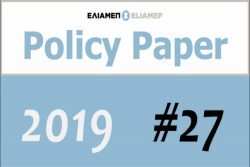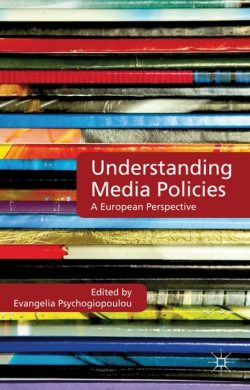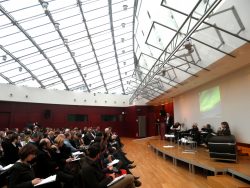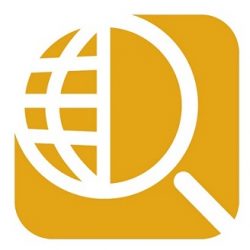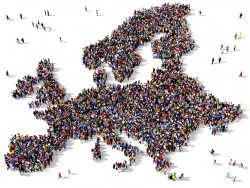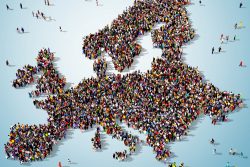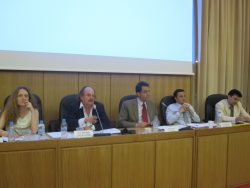MEDIADEM has been a European research project on media policy-making processes in EU member states and candidate countries. Its purpose has been to identify the policy processes, tools and instruments that promote or hinder media freedom and independence.
The project combined a country-based study with a comparative analysis across media sectors and types of media services and investigated the complex array of policy approaches and regulatory, co-regulatory and self-regulatory practices established to safeguard media freedom and independence. In order to verify whether regulatory measures promote free and independent media, the project placed regulatory activity in its proper national context and investigated the way in which regulatory instruments are put into practice. The main assumption of MEDIADEM was that legal culture, institutional traditions, as well as economic, socio-cultural and political domestic peculiarities exert a significant influence on how regulatory norms are construed and implemented as well as how they are perceived and whether or not they are truly respected. External pressures on the formulation of media policies, stemming from the action of regional organisations, such as the European Union and the Council of Europe, were also analysed.
In examining domestic media policy-making processes, the project also investigated the opportunities and challenges posed by new media services for media freedom and independence. MEDIADEM explored the characteristics of these new forms of communication, their interaction with established media sectors, their democratic importance and their contribution to a free and independent media environment.
The project was a joint interdisciplinary effort of 14 partner institutions:
- Hellenic Foundation for European and Foreign Policy (ELIAMEP, Greece)
- University of Edinburgh (UEDIN, UK)
- University of Castilla-La Mancha (UCLM, Spain)
- University of Bielefeld (UNIBI, Germany)
- Centre for Liberal Strategies (CLS, Bulgaria)
- Hertie School of Governance (HERTIE, Germany)
- School of Communication and Media (SKAMBA, Slovakia)
- University of Tartu (UT, Estonia)
- Turkish Economic and Social Studies Foundation (TESEV, Turkey)
- University of Jyväskylä (JYU, Finland)
- Université Libre de Bruxelles (ULB, Belgium)
- Institute for International Relations (IMO, Croatia)
- University of Copenhagen (UCPH, Denmark)
- European University Institute (EUI, Italy)
The project received funding of approximately 2.65 million Euro from the European Union’s Seventh Framework Programme (grant agreement FP7-SSH-2009-A no. 244365).
Contact person at ELIAMEP: Dr Evangelia Psychogiopoulou, [email protected] (project coordinator)






